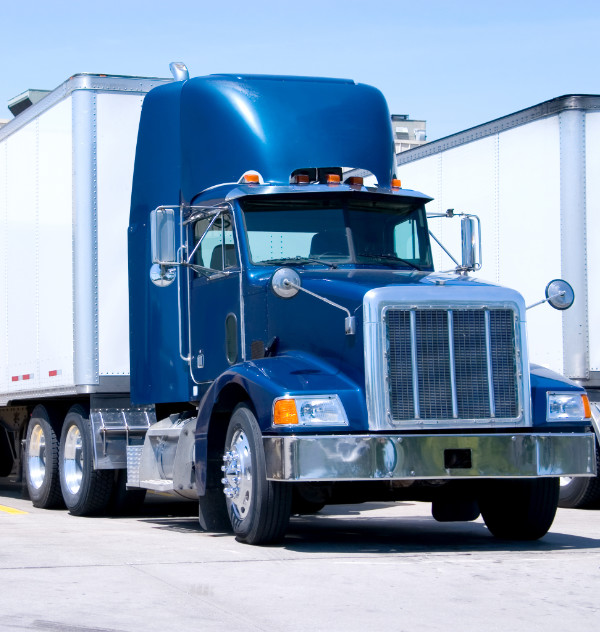Business owners who purchase trucking insurance often wonder how the insurance premiums are calculated and what factors influence the cost of this cover. Trucking insurance is a specialized area of the insurance industry and a number of factors come into play when insurance premiums are calculated.
Actuaries have found that older drivers and those with a good driving history pose a lower risk of trucking accidents. A truck driver’s age and driving record are important considerations in assessing the risk of trucking insurance and truck owners will be charged higher premiums to insure trucks driven by younger drivers or drivers with a history of traffic violations and accident insurance claims.
Badly maintained roads (or roads that are regularly affected by bad weather conditions) see many more accidents than well maintained highways, and trucks that travel over poor roads in bad weather are likely to attract higher premiums.
Truck owners are often surprised that higher insurance premiums are often charged for new trucks than for older vehicles. This is because damage to new trucks is significantly more costly to repair. Insurers also take into account the state of repair of vital truck components like brakes and tires when calculating insurance premiums.
The driver, the road and the truck itself are all important factors that are considered when an insurance company assesses trucking insurance premiums. A truck owner who wishes to take steps to reduce insurance costs needs to reduce the risks associated with the human, machine and environmental elements of trucking.
*


Leave A Comment
You must be logged in to post a comment.